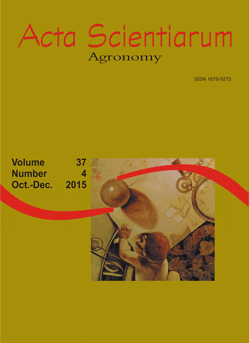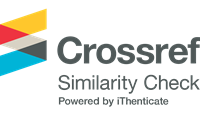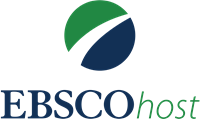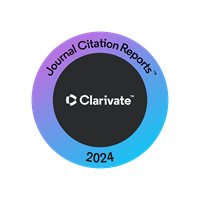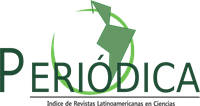<b><i>Pochonia chlamydosporia</i> promotes the growth of tomato and lettuce plants
Abstract
The fungus Pochonia chlamydosporia is one of the most studied biological agents used to control plant-parasitic nematodes. This study found that the isolates Pc-3, Pc-10 and Pc-19 of this fungus promote the growth of tomato and lettuce seedlings. The isolate Pc-19 colonized the rhizoplane of tomato seedlings in only 15 days and produced a large quantity of chlamydospores. This isolate was able to use cellulose as a carbon source, in addition to glucose and sucrose. Scanning electron microscopy (SEM) revealed that hyphae of the P. chlamydosporia isolate Pc-10 penetrated the epidermal cells of the tomato roots. These three P. chlamydosporia isolates promote the growth of tomato and lettuce.
Downloads
DECLARATION OF ORIGINALITY AND COPYRIGHTS
I Declare that current article is original and has not been submitted for publication, in part or in whole, to any other national or international journal.
The copyrights belong exclusively to the authors. Published content is licensed under Creative Commons Attribution 4.0 (CC BY 4.0) guidelines, which allows sharing (copy and distribution of the material in any medium or format) and adaptation (remix, transform, and build upon the material) for any purpose, even commercially, under the terms of attribution.





